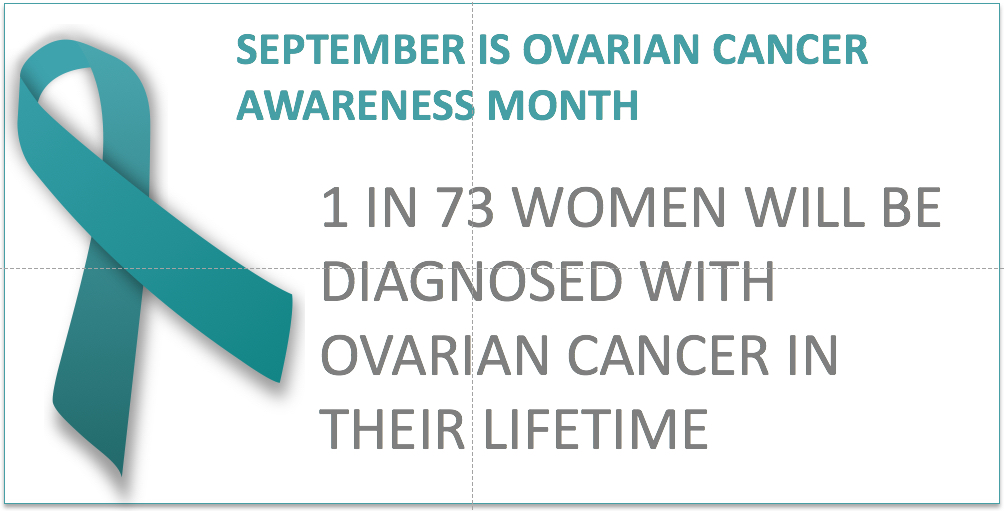I recently interview Genetic Counselor Sara Knapke, MS,CGC, of the Cincinnati Children’s Hospital Genetics Department, regarding hereditary cancers and the testing available. In the next series of articles, Sara clarifies the abundance of information that is becoming increasingly available as science advances.
What factors would indicate that genetic testing would be appropriate for someone?
SK:The majority of cancers (including breast and ovarian cancers) are not caused by an inherited genetic factor. However, 5 to 10 percent of all breast and ovarian cancer is caused by a genetic change inherited from a parent. Patients with hereditary cancer face additional cancer risks themselves, as do their family members. Identifying those at-risk and providing access for a cancer risk assessment are important in providing the best care for all members of these families.
Although most individuals do not have a mutation in the BRCA1 or BRCA2 gene, there are some specific factors that may increase a person's likelihood of carrying a BRCA1 or BRCA2 mutation.
A personal history of:
- Breast cancer at a young age (younger than age 50) or ovarian cancer at any age
- Bilateral breast cancer or two or more primary tumors of the breast
- Breast and ovarian cancer (in the same individual)
- Breast cancer in a male
AND/OR
A maternal or paternal family history of:
- Two or more individuals in the family (parent, child, sibling, grandparent, aunt/uncle) with breast and/or ovarian cancer
- One or more close male relatives with breast cancer
- Early onset breast or ovarian cancer (before age 50) in a close relative
- Confirmed BRCA1 or BRCA2 mutation
- Ashkenazi Jewish Ancestry and any family history of breast or ovarian cancer
Ideally, testing in a family should start with a family member who has been affected with either breast or ovarian cancer, since this helps determine if the cancer is associated with one of the mutations and
makes test interpretation more straightforward.
http://www.cincinnatichildrens.org/svc/alpha/h/hereditary-cancer/default.htm
http://www.nsgc.org/
www.bebrightpink.org
www.thewellnesscommunity.org
http://facingourrisk.org/






Add a CommentComments
There are no comments yet. Be the first one and get the conversation started!